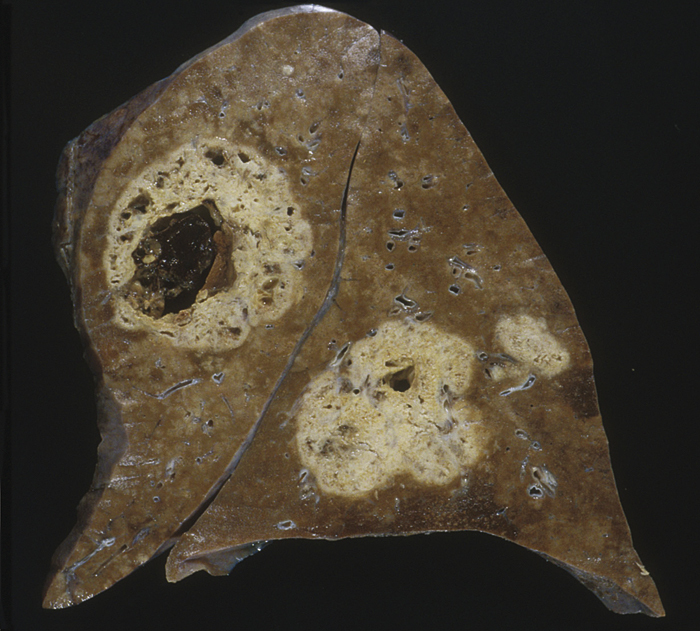Wegener’s granulomatosis /wā″gənərz/ [Friedrich Wegener, German pathologist, 1907–1990; L, granulum, little grain; Gk, oma, tumor, osis, condition] , an uncommon disease occurring mainly in the fifth decade and characterized by granulomatosis vasculitis of the upper and lower respiratory tract, necrotizing glomerulonephritis, and varying degrees of small-vessel vasculitis. Symptoms may include sinus pain; bloody, purulent nasal discharge; saddle-nose deformity; chest discomfort and cough; weakness; anorexia; weight loss; and skin lesions. Renal involvement is seen in 80% of cases. Use of cytotoxic drugs, especially cyclophosphamide, has produced long-term remissions in many patients. The cause of the disease is unknown.

